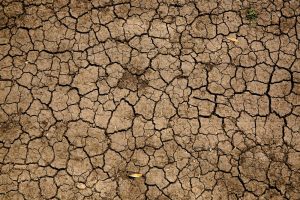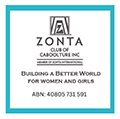Climate events such as floods, droughts, food shortages, fires and excessive storms along with slow environmental degradation exacerbate the risks of violence against women and girls due to displacement, resource scarcity and food insecurity and disruption to service provision for survivors.
Following Hurricane Katrina in 2005, the rate of rape among women displaced to trailer parks rose by 53.6 times the baseline rate in Mississippi, USA, for that year.
In Ethiopia, there was an increase in girls sold into early marriage in exchange for livestock to help families cope with the impacts of prolonged droughts.

Photo by Mike Erskine on Unsplash
Nepal witnessed an increase in trafficking from an estimated 3,000 to 5,000 annually in 1990 to between 12,000 and 20,000 per year after the 2015 earthquake.
Zonta International through its campaign Zonta Says Now is raising awareness to the plight of women and girls during these significant climate events and is calling for action from governments and agencies to ensure that the interests of women and girls are at the forefront of any disaster preparedness.
Detailed publication and infographics relating to ‘Tackling violence against women and girls in the context of climate change’ are available at Unwomen.org.au.

